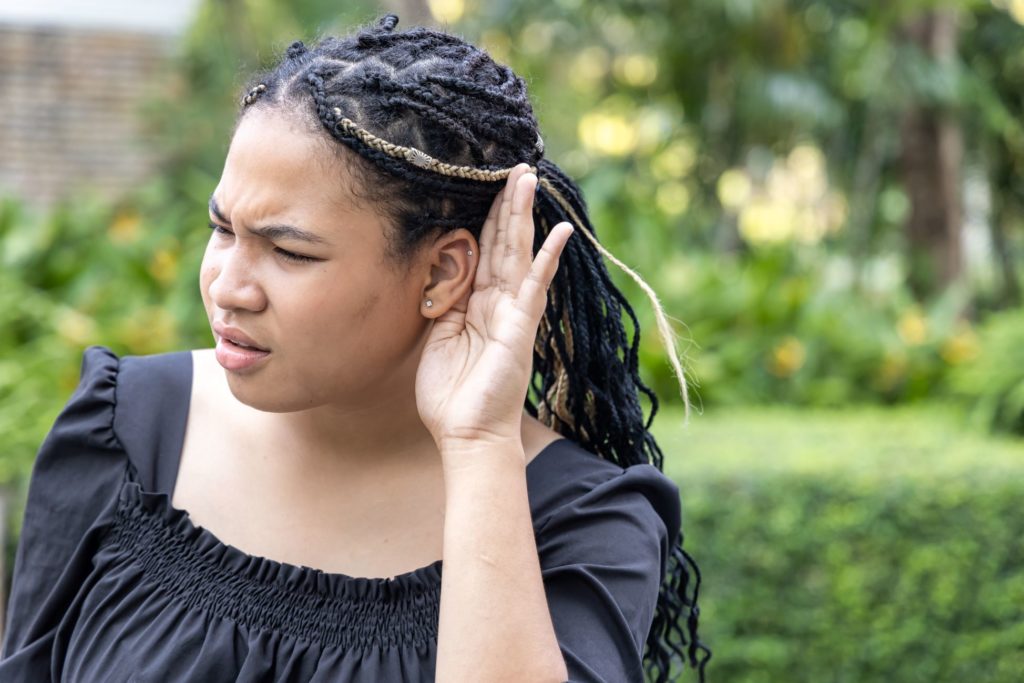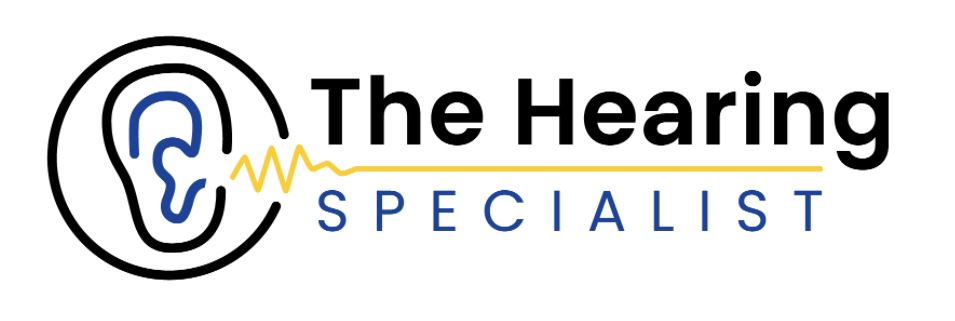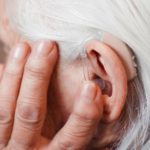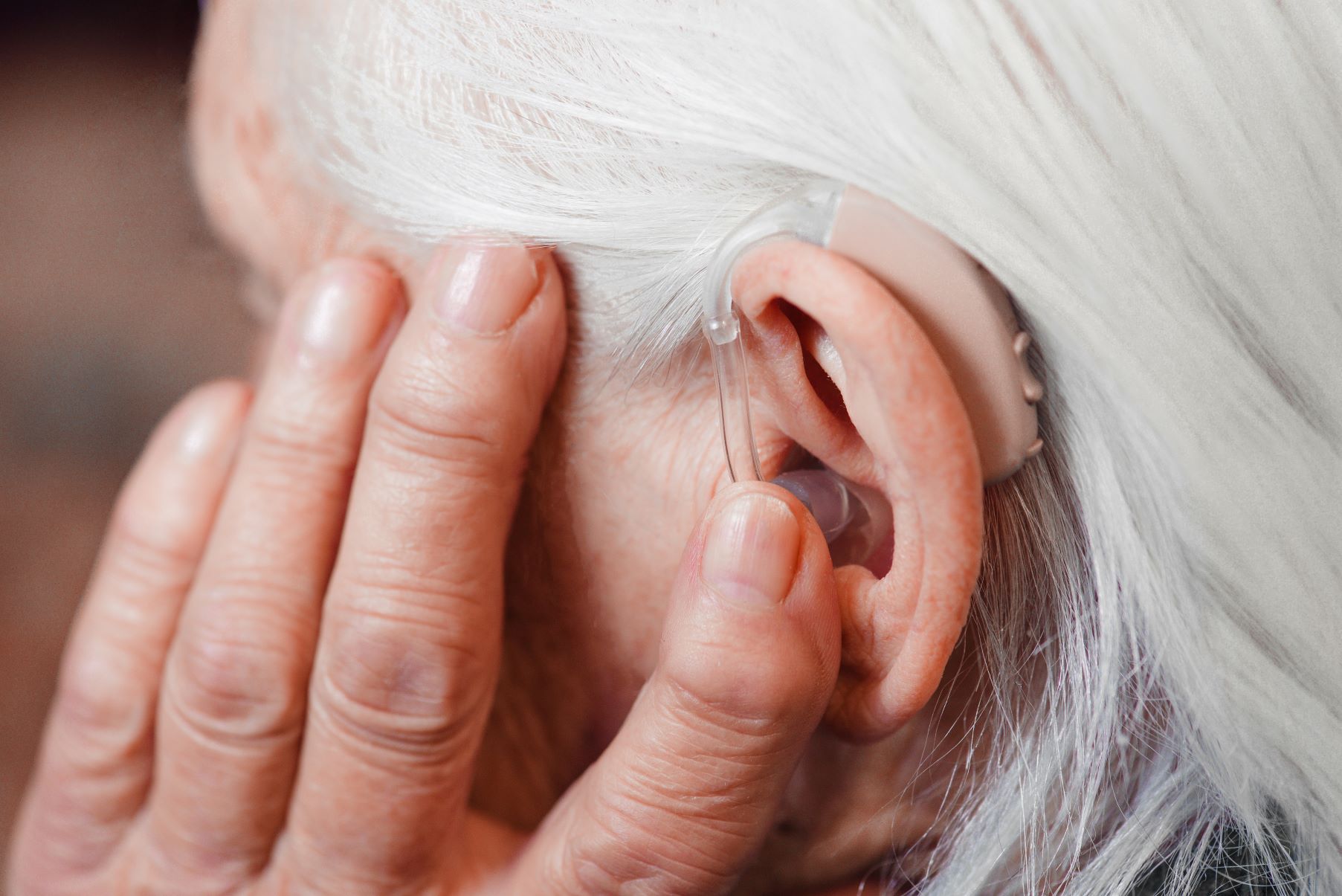The human body is a marvel of interconnected systems that work seamlessly to maintain functionality and equilibrium. Hearing and balance are more closely linked among these systems than most people realise. While it might seem like hearing is limited to the ears and balance is governed by the inner ear, these two faculties share a profound connection.
This raises the question: can hearing loss affect your balance? This blog will explore the intricate relationship between hearing and balance, discuss how hearing loss impacts equilibrium, and delve into the science behind this connection.
Understanding the basics of balance
How we balance is a complex combination of processes and inputs from the brain, eyes, muscles, joints and inner ear. The vestibular system, located within the inner ear, is a key player in this process. It is responsible for sensing motion and spatial orientation, which helps maintain stability when we move. This system works alongside visual input and proprioception (the sense of body position) to keep us upright and steady.
The inner ear contains structures like the semicircular canals and otolith organs that detect motion and changes in head position. These structures send signals to the brain to adjust body movements and maintain balance. However, the auditory system, also located in the inner ear, plays a supporting role in this process. This overlap explains why hearing loss and balance issues can often occur together.

Does hearing loss affect balance?
The answer to this question is a resounding yes. Hearing loss can indeed affect balance, although the extent of the impact varies depending on the type and severity of hearing impairment. Let’s explore the ways in which hearing loss influences balance:
1. Disruption of inner ear function
Hearing and balance share a common anatomical location: the inner ear. The cochlea, responsible for hearing, and the vestibular system, responsible for balance, are interconnected.
Damage to the inner ear can simultaneously affect both systems. For instance, conditions like Meniere’s disease, which causes progressive hearing loss, also lead to episodes of vertigo and balance problems.
2. Reduced spatial awareness
When we lose the ability to hear certain sounds, particularly those that provide spatial cues (like footsteps or environmental noises), it becomes harder to orient ourselves. This can lead to reduced spatial awareness, making it more challenging to navigate safely, especially in unfamiliar environments or environments with uneven terrain.
3. Increased cognitive load
Hearing loss often forces the brain to work harder to interpret sounds and conversations. This increased cognitive load can divert resources away from other essential functions, including balance.
Studies have shown that individuals with hearing loss may experience more difficulty multitasking, such as walking and engaging in a conversation, which can heighten the risk of trips and falls.
4. Associated medical conditions
Hearing loss can be linked to conditions and factors that also affect balance, such as ageing, diabetes or cardiovascular disease. These underlying health issues may exacerbate balance problems, making the connection between hearing and equilibrium even more apparent.

The science behind hearing and balance
To better understand hearing loss and how it affects balance, we need to look at the science underpinning these systems. Both hearing and balance rely on sensory hair cells in the inner ear. These cells detect sound waves for hearing and fluid movement for balance. When these cells are damaged, whether that be due to ageing, noise exposure, infections or genetic factors, it can impair both auditory and vestibular functions.
The auditory and vestibular systems share neural pathways to the brain. Signals from these systems are processed together, ensuring seamless coordination between hearing and balance. Any disruption in one system can create a ripple effect, impacting the other.
Hearing loss and falls
One of the most concerning outcomes of hearing loss is an increased risk of falls. Research suggests that even mild hearing loss can triple the risk of falling. This is because hearing plays an important role in environmental awareness, allowing us to detect potential hazards and adjust our movements accordingly. Without this input, maintaining stability becomes challenging.
The connection between hearing loss and falls highlights the importance of hearing and addressing issues early. Falls can lead to serious injuries, particularly in older adults, making preventative measures crucial for maintaining overall health, independence and well-being.
Can hearing aids help?
If you’re wondering whether hearing loss affects your balance, there’s good news: hearing aids can often help mitigate balance issues. By improving auditory input, hearing aids enhance spatial awareness and reduce the cognitive strain associated with hearing loss; this can indirectly support better balance.
Some advanced hearing aids are designed to work with balance therapies or include features that enhance environmental awareness. These devices can be life-changing for individuals struggling with both hearing and balance problems.

How to diagnose hearing loss
If you suspect that hearing loss is affecting your balance, seeking professional advice is essential. An audiologist can assess your hearing, while an ear, nose and throat (ENT) specialist can evaluate your vestibular function. These assessments may include:
- Audiograms (hearing tests) to measure hearing sensitivity
- Balance tests such as videonystagmography (VNG) or the Romberg test
- Imaging studies like MRI or CT scans if structural abnormalities are suspected
Early diagnosis and intervention can significantly improve the quality of life and reduce the risk of falls and major accidents.
Coping with hearing loss and balance issues
Living with hearing loss and balance problems can be challenging, but there are strategies to help manage these conditions effectively:
Use assistive devices: Hearing aids and other assistive listening devices can improve hearing and support better balance. Vestibular rehabilitation therapy, guided by a specialist, can also strengthen your balance system.
Make your environment safer: Minimise fall risks at home by removing tripping hazards, installing grab bars and ensuring there’s adequate lighting around the home. Using non-slip mats in the bathroom and wearing supportive footwear can also help.
Stay physically active: Engaging in balance-boosting exercises like yoga, tai chi or simple balance exercises can improve stability and coordination. These activities also promote overall health, which benefits both hearing and balance.
Address underlying health issues: Managing conditions like diabetes, high blood pressure or arthritis can reduce the impact of hearing and balance problems. Regular check-ups with healthcare professionals are key when managing health conditions.
Seek support: Joining support groups or consulting with a therapist can help you navigate the emotional challenges of hearing loss and balance issues. Building a support network is invaluable for coping with these conditions.
Managing your balance and hearing loss
So, can loss of hearing affect balance? Absolutely. Your ears do so much more than just hear. They’re a critical part of the system that keeps you steady and upright. When hearing is impaired, it can throw off your balance in surprising ways.
Your hearing isn’t just about sound – it’s also about keeping you grounded, in every sense of the word. Take care of it, and it’ll take care of you! Book your hearing test appointment with The Hearing Specialist to assess your hearing capacity. We have clinics in Wimbledon, Wallington and Teddington and offer appointments available throughout the week.





